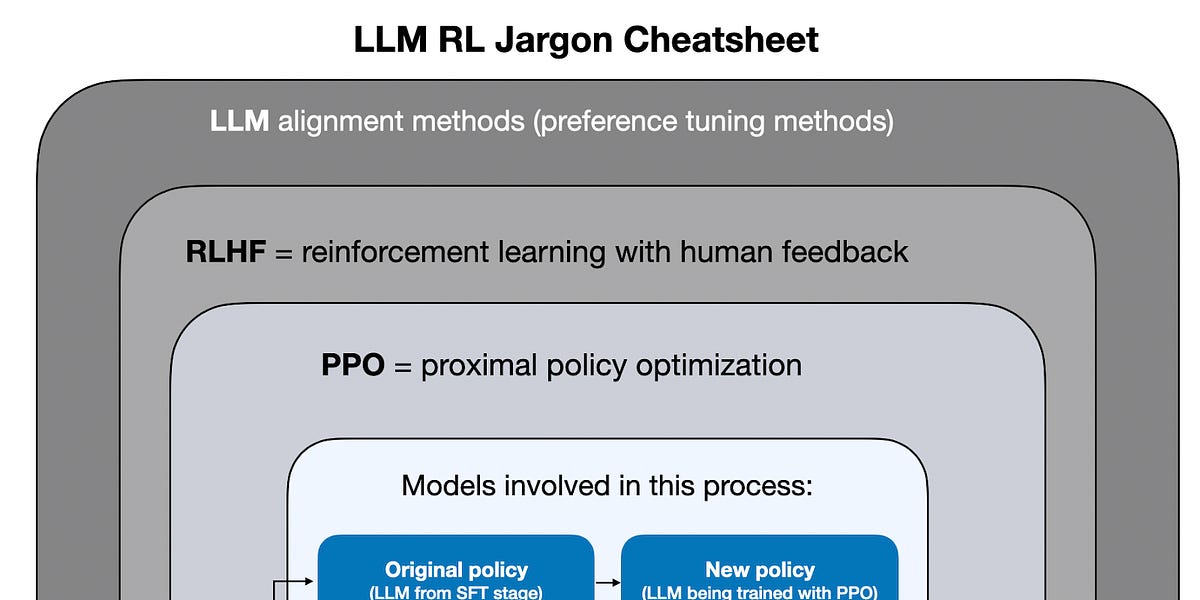According to the IBM Institute for Business Value study, 80% of executives plan to automate their IT networking operations within the next three years.

With advancements in generative AI, users have mastered the art of summoning chatbots in various forms for a wide range of use cases. However, the IT industry does not view AI as merely simple chatbots— for them, it is much more complex.
Imagine an e-commerce giant on a Black Friday sale scrambling engineers to scale the resources when the service goes down. Does not sound so efficient, right? Now, imagine the same scenario with AI-powered monitoring and automation. Issues are detected, analyzed, and resolved in real time — all without human intervention or panic. And that’s just one example of what AI brings to the table.
An IBM blog post and a report by Infosys Knowledge Institute have brought forth interesting insights on how AI is optimising IT infrastructure and why it is time to scale AI deployments.
Automation With Generative AI
“Generative AI is core to how many modern enterprises build new digital products to make money,” said Richard Warrick, global research lead at the IBM Institute for Business Value, in the blog post.
Warrick wondered, what if the same technology could change the business processes needed to design, deploy, manage, and observe those applications? “AI-powered intelligent workflows and IT automation tools are helping business leaders find competitive advantages, in terms of performance, that were eluding them before,” he said.
Companies like Best Buy, Etsy, Mercedes Benz, Motorola, Samsung, and Trivago are increasingly using AI to provide value to their customers and help navigate their business better.
As per the IBM Institute for Business Value study, 80% of executives will automate their IT networking operations over the next three years, and 76% will apply AI skills to IT operations in the same duration.
Further, 87% of executives report that their automation strategy aims to identify and execute more high-impact automation initiatives. About 86% believe that successful automation requires applications and systems integration.
IBM’s blog post highlighted that intelligent AI automation leverages specialised skills like computer vision, natural language processing (NLP) and more to solve highly complex business problems. Meanwhile, deep learning-trained AI models can analyse system data to proactively identify and address potential issues before they disrupt operations.
While chatbots will continue to be a component of AI implementation for assisting customers with complex IT inquiries, there is more to it. For instance, AI NLP systems can help resolve tickets by prioritising and categorising them. It can also request human intervention if needed.
Regarding IT infrastructure and operations, IBM shared certain use cases where AI is helping automate tasks. Whether it is data centre operations, data governance, observability, provisioning, or DevOps, AI is increasingly being used to automate aspects of all these use cases.
As per IBM’s insights, AI appears to be ideally suited for managing vast enterprise-level data, adhering to compliance regulations, overseeing cloud computing resources, and enhancing DevOps.
For instance, New Relic has recently integrated agentic AI with ServiceNow to boost IT automation. The collaboration enables IT teams to obtain real-time data on production, encompassing errors, logs, security vulnerabilities, and alerts, seamlessly integrated into their current workflows.

Enterprise AI Experimentation is Ending
Infosys Knowledge Institute highlighted that the era of AI experimentation in the enterprise setting is ending, and the time for scaling AI deployments is here. Infosys surveyed 3,798 senior executives in the US, Europe, Australia, and New Zealand and interviewed over 30 senior executives for the report.
Its findings indicated that approximately 20% of AI use cases meet all business objectives, while over 30% are close to achieving the same. Among the use cases, IT, operations, and facilities were found to be more viable than other categories for companies seeking to deploy AI.
For other use-cases, the report stated, “AI viability scores are slightly above average for well-understood use cases such as marketing asset creation (1.10), chatbots (1.07), workforce management and scheduling (1.03), or sales strategy optimisation (1.03).”
It further stated that agentic AI is key to transformation, and should be at the centre of an organisation’s focus.
As of now, AI is used largely to automate operations and deliver business objectives. With generative AI evolving, it remains to be seen what new use cases the IT industry will adopt that will help enhance operations and the business side of things.
📣 Want to advertise in AIM? Book here
Ankush Das
I am a tech aficionado and a computer science graduate with a keen interest in AI, Open Source, and Cybersecurity.
Related Posts
Our Upcoming Conference
India's Biggest Conference on AI Startups
April 25, 2025 | 📍 Hotel Radisson Blu, Bengaluru
Subscribe to The Belamy: Our Weekly Newsletter
Biggest AI stories, delivered to your inbox every week.
Happy Llama 2025
AI Startups Conference.April 25, 2025 | 📍 Hotel Radisson Blu, Bengaluru, India
Data Engineering Summit 2025
May 15 - 16, 2025 | 📍 Hotel Radisson Blu, Bengaluru
MachineCon GCC Summit 2025
June 20 to 22, 2025 | 📍 ITC Grand, Goa
Cypher India 2025
Sep 17 to 19, 2025 | 📍KTPO, Whitefield, Bengaluru, India
MLDS 2026
India's Biggest Developers Summit | 📍Nimhans Convention Center, Bengaluru
Rising 2026
India's Biggest Summit on Women in Tech & AI 📍 Bengaluru

 2 weeks ago
14
2 weeks ago
14








